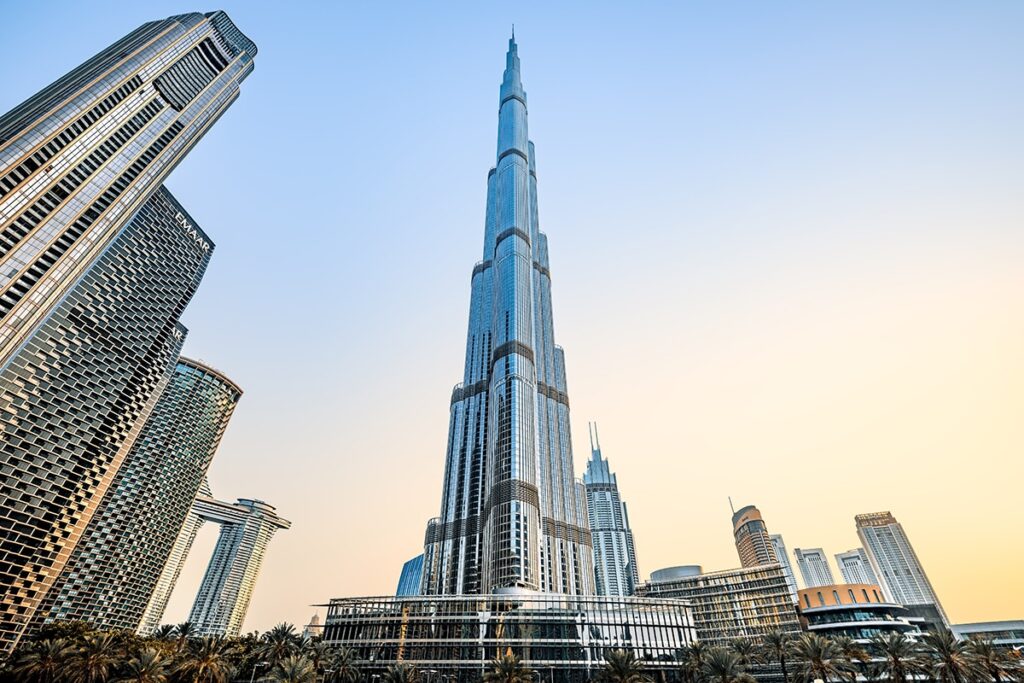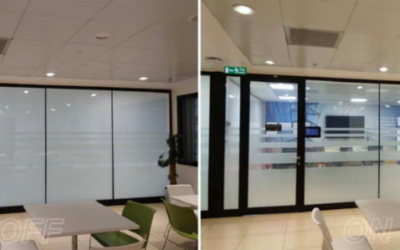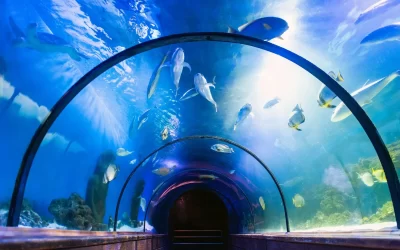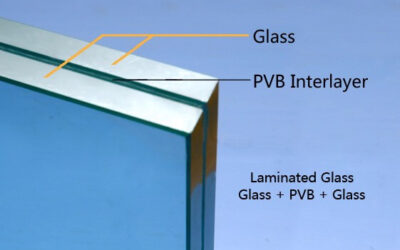The amazing glass in Burj Khalifa: technology, types and features of the glass used
Burj Khalifa, the giant tower in the heart of Dubai, is a symbol of luxury and architectural innovation. The tower is made of high – quality materials, but the glass is the main component that highlights the beauty and functionality of the tower. In this article, we will explore the amazing glass used in Burj Khalifa, its number and types, as well as its unique features.
Quantity of glass used:
Burj khalifa is considered one of the most prominent. Buildings that use glass in huge quantities. The tower is estimated to contain more the 26,000 glass panels covering and area of more than 132,000 square meters. The sizes and shapes of the glass panels vary to meet the tower’s different design needs and functions .
Types of glass used:
Insulted glass: Insulated glass is used in Burj Khalifa for thermal and sound insulation. It consists of two or more layers of glass separated by an air or gas layer to reduce heat and sound transmission.
Heat – resistant glass:
Heat – resistant glass is used in Burj Khalifa to reduce heat transfer from outside to inside and improve energy efficiency.
Safety Glass :
Safety Glass is used in areas with a high probability of breakage, such as public areas, doors and windows, to ensure safety and protection. From breakage and cracking.
Features of the glass used:
Transparency and beauty: The glass used in Burj Khalifa provides high transparency, allowing stunning views of the city and surrounding landscape.

Endurance and Durability: The glass used in the tower is manufactured with high – quality techniques, making it strong and durable to withstand environmental impacts and structural endurance.
Thermal and acoustic insulation: Insulated glass enhances the building’s thermal and acoustic insulation, improving indoor comfort and reducing energy consumption.
Challenges related to cleaning Burj Khalifa glass:
High Altitude: Burj Khalifa is more than 828 meters high making it a huge challenge to clean and reach glass in high places.
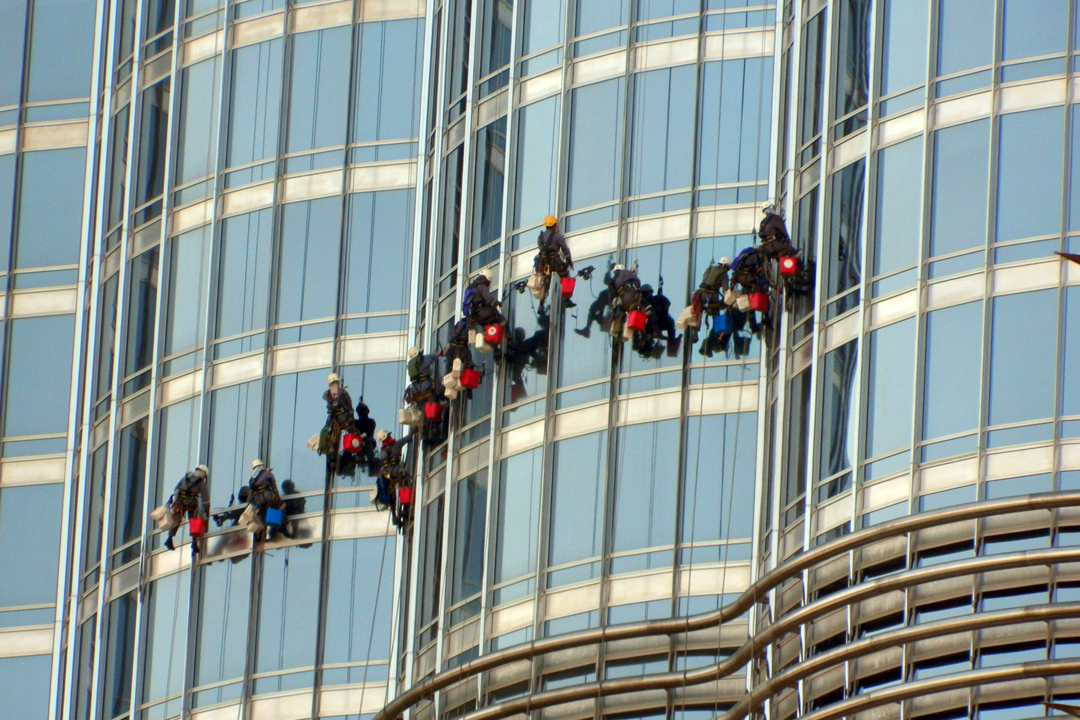
Complex architectural design: The tower contains a variety of windows and glass facades in different shapes and sizes, requiring the use of multiple techniques to clean them effectively
Weather conditions: weather conditions change in Dubai, which affects the scheduling of glass cleaning operations and requires adjustments and additional safety precautions.
Burj Khalifa’s glass reflects bold design and advanced technology in architecture. It features a huge number of stunning glass panels and multiple types that meet different design and functionality requirements. With its unique features, glass plays a crucial role. In highlighting the beauty and functionality of Burj Khalifa.
